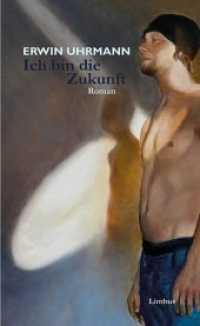- ホーム
- > 洋書
- > ドイツ書
- > Social Sciences, Jurisprudence & Economy
- > Politics, Society, Work
- > political science
Full Description
This book offers a radical new interpretation of Georg Lukács's History and Class Consciousness, showing for the first time how the philosophical framework for his analysis of society was laid in the drafts of a philosophy of art that he planned but never completed before he converted to Marxism.








